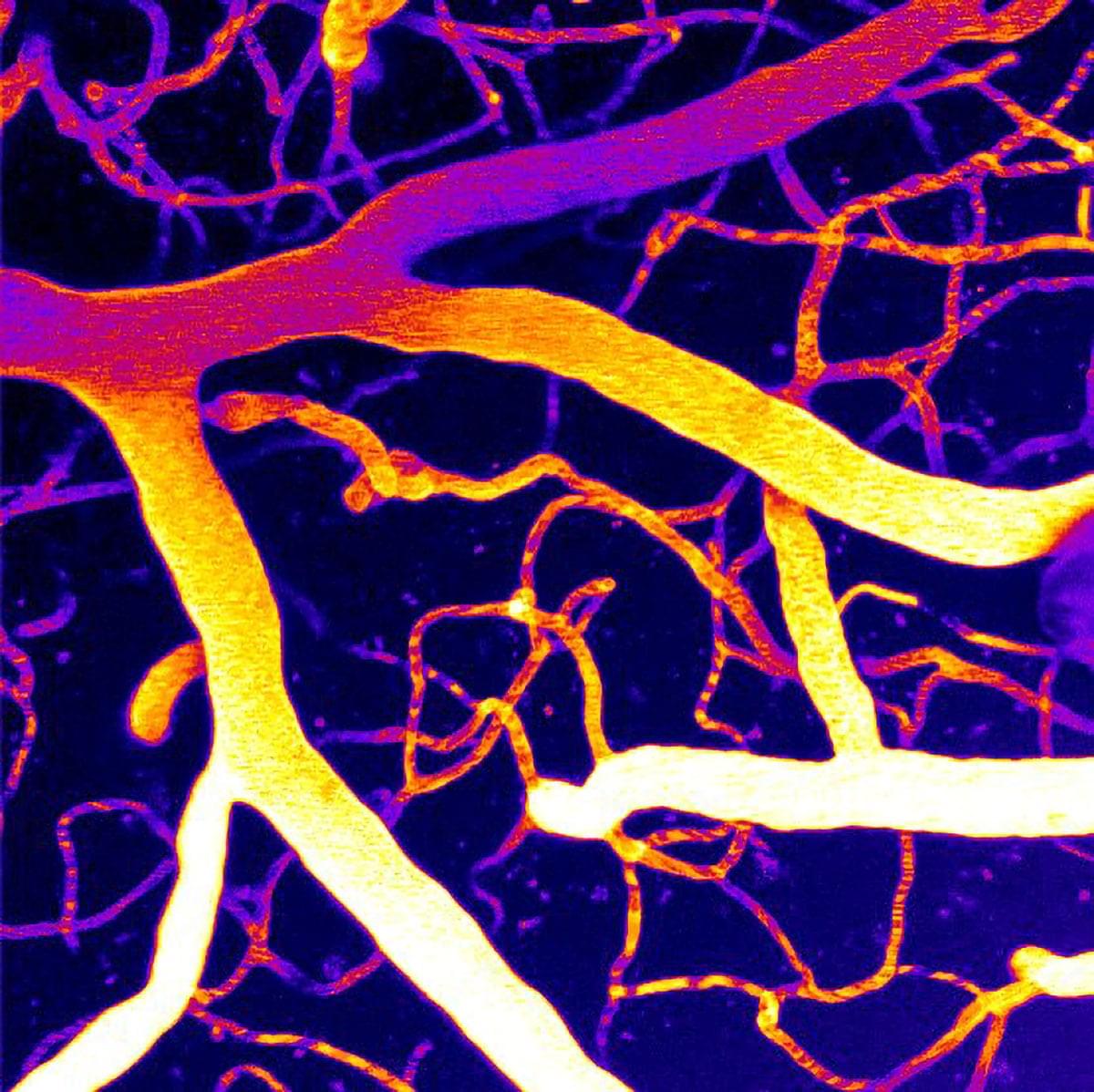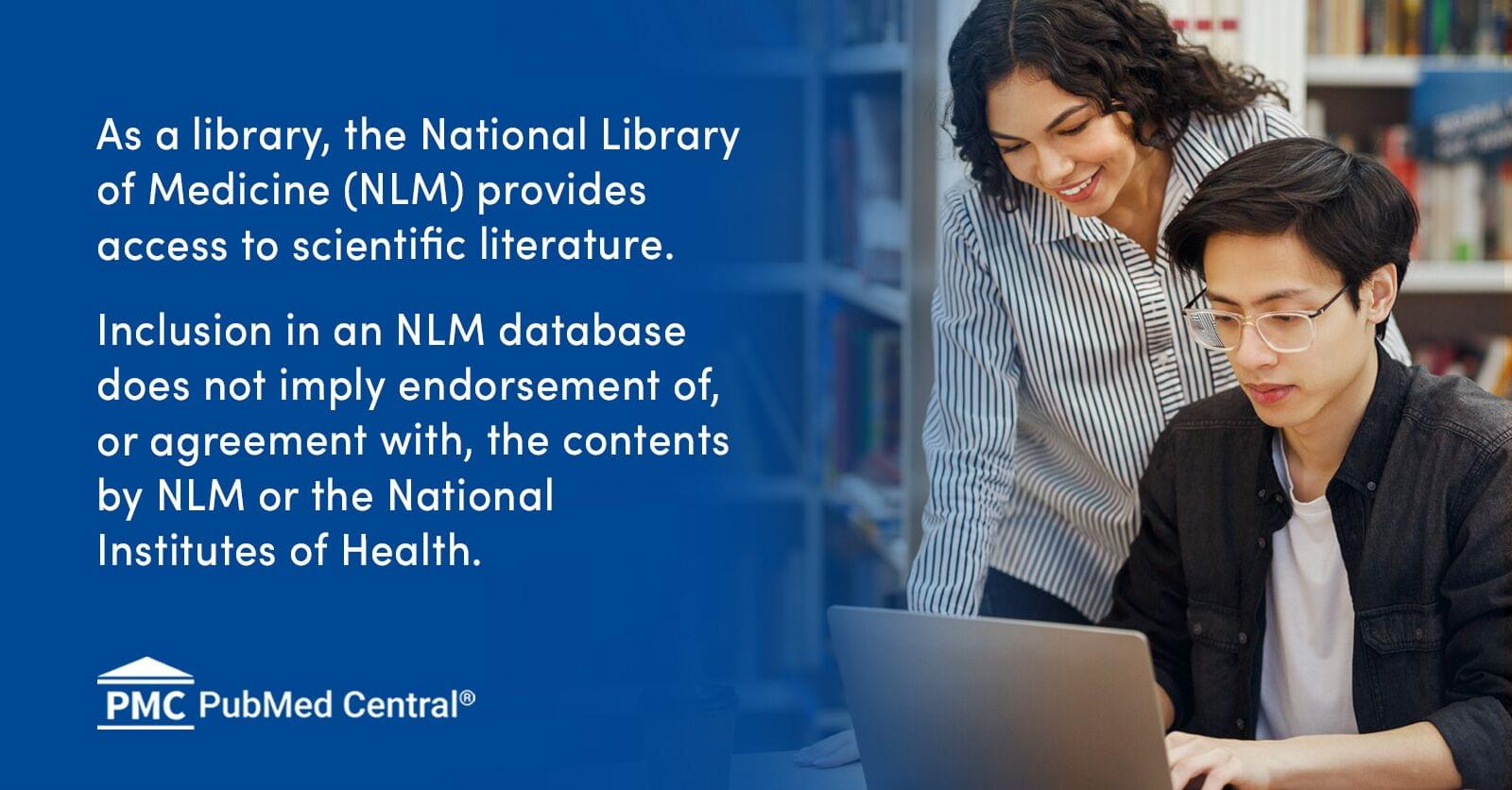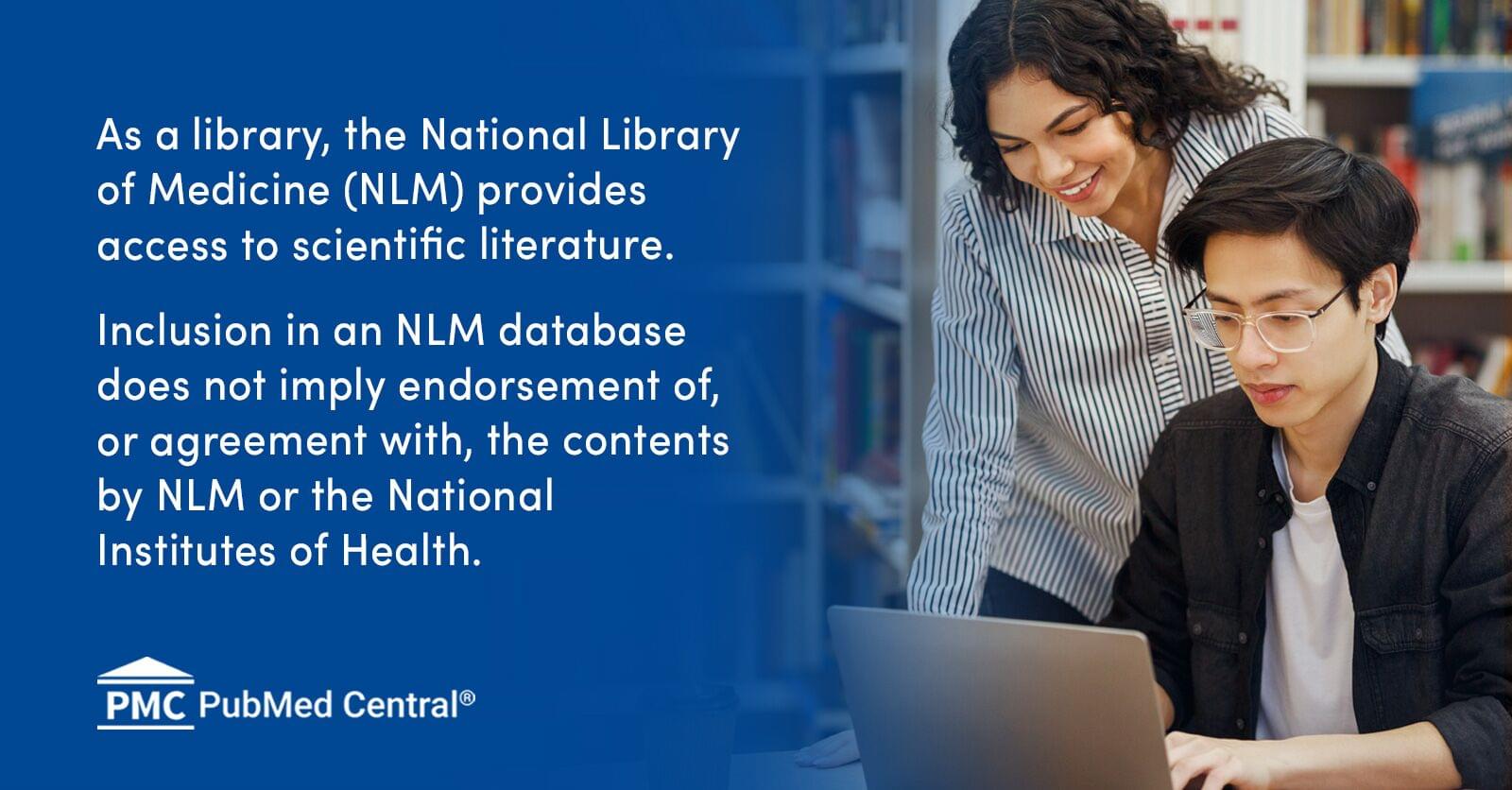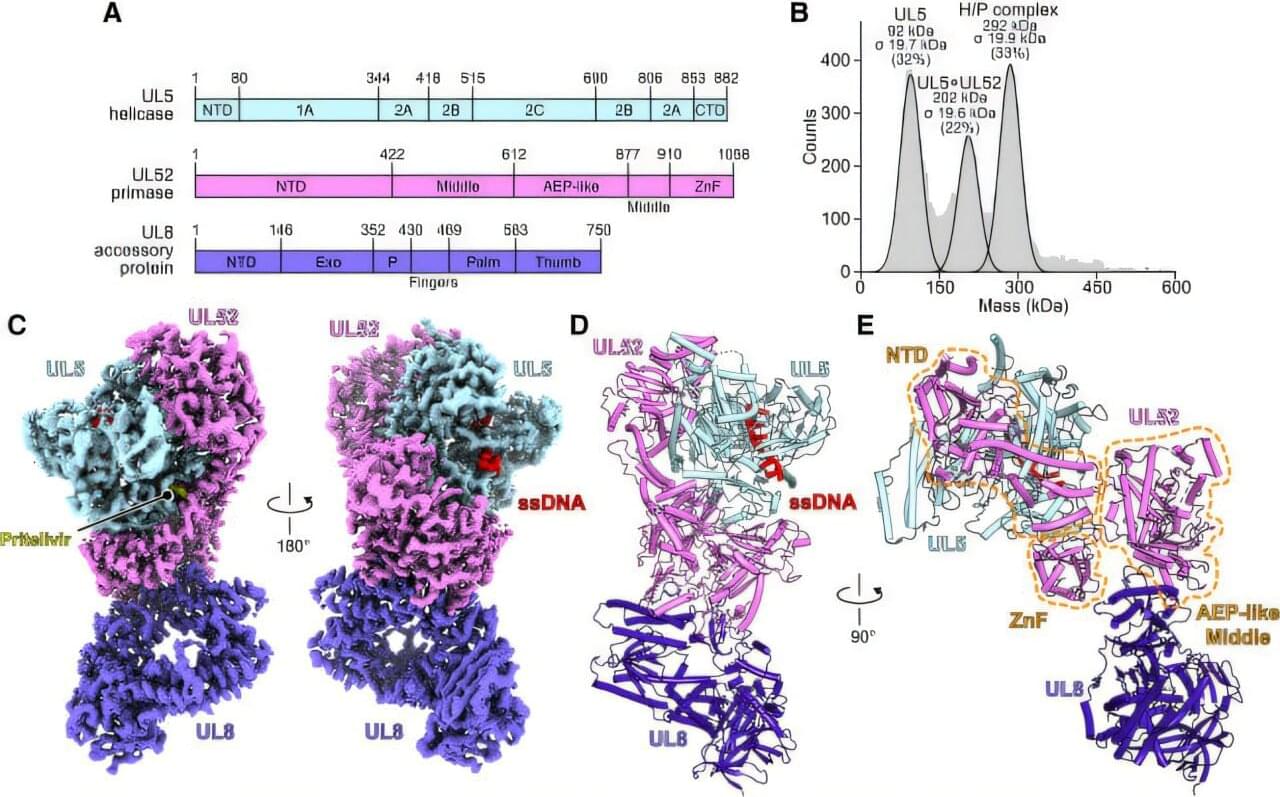Hair is a signature mammalian characteristic with versatile functions, including thermoregulation, protection from ultraviolet radiation, physical and chemical insults, sensation of pain, vibration and touch, and defence from predators.1–3 Human hair patterns, which feature prominently reduced body hair length combined with extremely long scalp hair,4–8 are an outlier among mammals. The likely original function of long scalp hair was to shield the sun-exposed head of upright-standing human ancestors. Long scalp hair probably reduced the amount of sweat secretion required to counter the total thermal load experienced by individuals from incoming solar radiation in equatorial Africa, and from endogenous muscle-generated heat during exercise.9 Tightly curled scalp hair is more efficacious at reducing heat gains compared with other hair shapes, and such hair probably represents the ancestral scalp hair form (Figure 1).9 Variability in hair shapes increased over time. These variations are thought to be associated with the dispersal of anatomically modern humans (AMHs) and accompanying effects of populational bottlenecks, admixture with Neanderthals and Denisovans, and adaptations to diverse environments at new geographic locations (Figure 1a).10 Extreme scalp hair length was probably universal across all African AMH populations and available for diverse functions, other than thermoregulation. In this sense, long scalp hair is an excellent example of exaptation, a form of evolutionary co-option,11 whereby it acquired secondary essential functions in communicating social cues.12 Under these conditions, unwanted hair loss triggered significant psychological stress in affected individuals.
Despite variations, both across different species and different body regions, hair typically has a finite length. A fully grown hair fibre commonly remains attached within its hair follicle (HF) until a new round of growth replaces it. In a typical adult human, approximately 90% of scalp HFs are in active growth (anagen) at any given time, which lasts for 5–7 years.13,14 This is in contrast to small (vellus) body HFs, which have short-lasting anagen, such as 22–28 days on the upper arm.15 When large (terminal) scalp HFs reduce in size, start growing vellus-like hairs, and/or stop growing for an extended period, they are considered to be entering a pathological state.
Elucidation of long scalp hair roles in human prehistory requires further investigation of its thermoregulatory benefit vs. the physical burden it may have caused by hindering vision and locomotion. Continuous hair growth is also metabolically expensive, requiring synthesis of large quantities of keratins and keratin-associated proteins.1,2,16,17 Conversely, highly visible long scalp hair effectively communicates a good state of fitness, whereas compromised hair growth implies poor nutrition and disease.17,18 Indeed, kwashiorkor, a disease caused by severe dietary protein deficit, features dramatic hair thinning and depigmentation.19 The ornamental potential of long hair enables the use of distinct hairstyles to signify a person’s social position, creativity and manual skills.20 Therefore, in prehistory, hair styling likely became an essential part of social communication, which probably further promoted long-hair trait selection.









